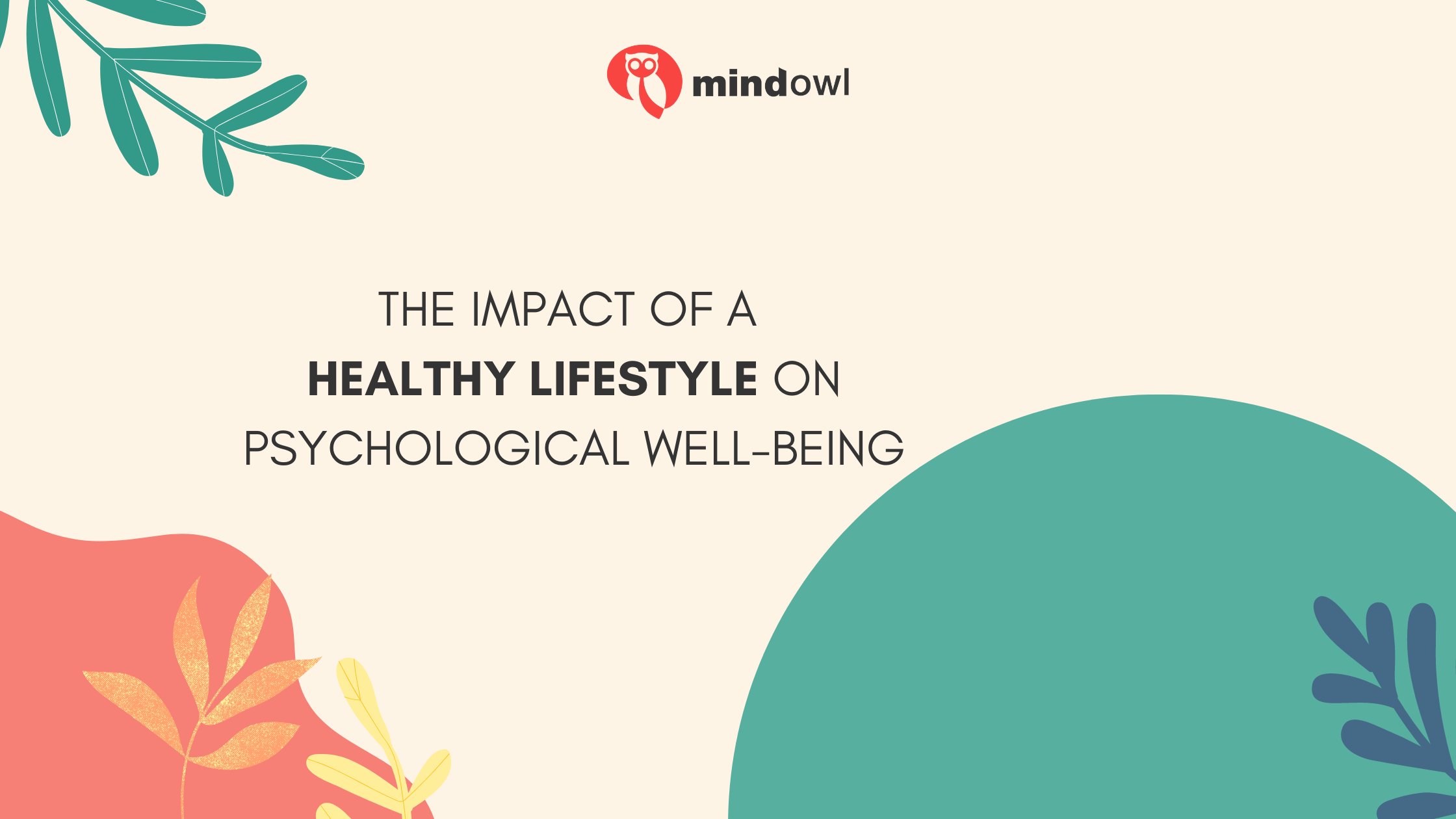
Photo by Andrea Piacquadio from Pexels
The way we live each day profoundly influences how we feel, think, and interact with the world around us. Every choice, from the food we eat to the way we move our bodies, plays a pivotal role in shaping our mental landscape. It’s not just about the physical benefits—embracing a healthy lifestyle has a ripple effect that touches every corner of our psychological well-being.
When we prioritize our health, we’re not merely avoiding illness; we’re cultivating a mindset of resilience, balance, and self-compassion. This foundation allows us to navigate life’s challenges with greater ease, fostering a deep sense of fulfillment and emotional stability.
Curious to see how your daily habits might be affecting your mental health? Read on to discover how simple, healthy changes can make a profound impact on your psychological well-being.
Physical Activity and Mental Health
Exercise isn’t just about physical fitness; it’s a powerful tool for improving mood and reducing stress. Activities like walking, yoga, or a good workout trigger the release of endorphins, natural chemicals in the brain that boost happiness and ease anxiety.
Consistent exercise can also alleviate symptoms of depression, offering a natural alternative to managing emotional challenges. It’s not just about feeling good in the moment—regular physical activity builds resilience, helping you better navigate life’s ups and downs.
By prioritizing movement, you’re enhancing your physical health and cultivating a clearer, more positive mindset. Each step, stretch, or lift you take is a step toward a stronger, more balanced you.
Nutrition and Emotional Balance
Eating a balanced diet isn’t just about nourishing your body. It’s essential for maintaining emotional stability and mental clarity. Foods rich in omega-3 fatty acids, vitamins, and minerals support brain function and help regulate mood. But it’s also important to consider personalized nutritional guidance, especially if you’re dealing with specific health concerns.
With the help of snowholistichealth.com, you can explore holistic approaches to nutrition that address both physical and mental well-being. Different supplements are available, depending on the specific benefit you want.
Making mindful food choices can significantly enhance your overall well-being. Whether it’s adjusting your diet or seeking professional advice, the right nutritional decisions empower you to take control of your mental and emotional health.
The Role of Sleep in Mental Wellness
Quality sleep is a cornerstone of mental health, playing a vital role in emotional regulation and cognitive function. When you’re well-rested, your brain can process emotions more effectively, leading to better decision-making and a balanced mood. Sleep deprivation, on the other hand, can heighten feelings of stress, anxiety, and irritability.
Establishing a consistent sleep routine is essential for maintaining mental clarity and emotional stability. Techniques such as creating a calming bedtime ritual and reducing screen time before bed can significantly improve sleep quality.
Prioritizing sleep isn’t just about avoiding fatigue; it’s about giving your mind the rest it needs to function at its best. By ensuring you get enough restorative sleep each night, you’re taking a crucial step toward safeguarding your mental well-being.
Social Connections and Psychological Resilience

Photo by Kindel Media from Pexels
Strong social ties are crucial for building psychological resilience, offering both emotional support and a sense of belonging. When we connect deeply with others, we create a network that helps us manage stress and navigate life’s challenges more effectively. These bonds can be a lifeline during difficult times, providing comfort and perspective.
Social interactions don’t just boost our mood—they contribute to a sense of purpose and fulfillment. Engaging with friends, family, or community groups fosters positive emotions and reinforces our ability to cope with adversity. Even in today’s digital age, maintaining these relationships is essential for mental well-being.
By nurturing meaningful connections, we enhance our capacity to handle life’s ups and downs, ultimately contributing to long-term mental health. Investing in relationships isn’t just aut socializing. It’s about building a foundation of resilience and emotional stability.bo
Digital Detox
In a world dominated by screens, taking a break from digital devices can work wonders for your mental well-being. Constant connectivity often leads to overstimulation, increased stress, and disrupted sleep patterns, all of which can negatively impact your psychological health. A digital detox—whether it’s a few hours each day or a weekend offline—allows your mind to reset, reducing anxiety and improving focus.
By stepping away from screens, you create space for more meaningful activities, such as reading, spending time outdoors, or engaging in face-to-face interactions. These offline moments help to recharge your mind, foster creativity, and enhance your overall sense of well-being. Incorporating regular digital detoxes into your routine can lead to a more balanced, calm, and focused mental state.
Mindfulness and Stress Reduction
Mindfulness is a powerful tool for enhancing psychological well-being, allowing you to manage stress more effectively by staying present in the moment. By practicing mindfulness, you can develop greater awareness of your thoughts and emotions, which helps in reducing anxiety and fostering a sense of calm.
Incorporating mindfulness techniques such as deep breathing, meditation, or even mindful walking into your daily routine can significantly lower stress levels. These practices enable you to respond to life’s challenges with clarity and composure rather than reacting impulsively.
As you integrate mindfulness into your life, you’ll find that it not only improves your mental clarity but also enhances your emotional resilience. This commitment to staying present can lead to long-term benefits, making you better equipped to handle stress and maintain a balanced, peaceful mind.
Wrapping Up
Incorporating healthy habits into your daily routine isn’t just about improving your physical health; it’s a profound investment in your psychological well-being. By committing to regular exercise, balanced nutrition, quality sleep, strong social connections, and mindfulness practices, you build a resilient foundation that supports long-term mental health.
These practices, when sustained, foster a more balanced, clear, and positive mindset, enabling you to handle life’s challenges with greater ease. The journey toward a healthier lifestyle is a journey toward a stronger, more fulfilled you—one that enhances every aspect of your mental and emotional life.
MindOwl Founder – My own struggles in life have led me to this path of understanding the human condition. I graduated with a bachelor’s degree in philosophy before completing a master’s degree in psychology at Regent’s University London. I then completed a postgraduate diploma in philosophical counselling before being trained in ACT (Acceptance and commitment therapy).
I’ve spent the last eight years studying the encounter of meditative practices with modern psychology.

